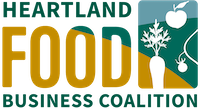The Heartland Regional Food Business Center will soon open its Business Builder Subaward grant program for applications. It is a brand-new, regionally-managed funding opportunity made available by USDA through its 12 Regional Food Business Centers.
Business Builder grants support development and growth of local and regional food enterprises across the supply chain spectrum, from buyer to supplier. This article reviews types of applicants and projects, both small business and non-profit.
First, keep in mind that Business Builder Subaward grants are designed to support:
- Small- and mid-scale farm, ranch, and value-added food businesses or nonprofits producing in, sourcing from, and focused on local and regional markets.
- Food processors, aggregators, distributors, and retailers that source locally and/or serve multiple small- and mid-scale food and farm businesses.
Here are some examples on the Business Builder grant’s buyer-to-supplier spectrum:
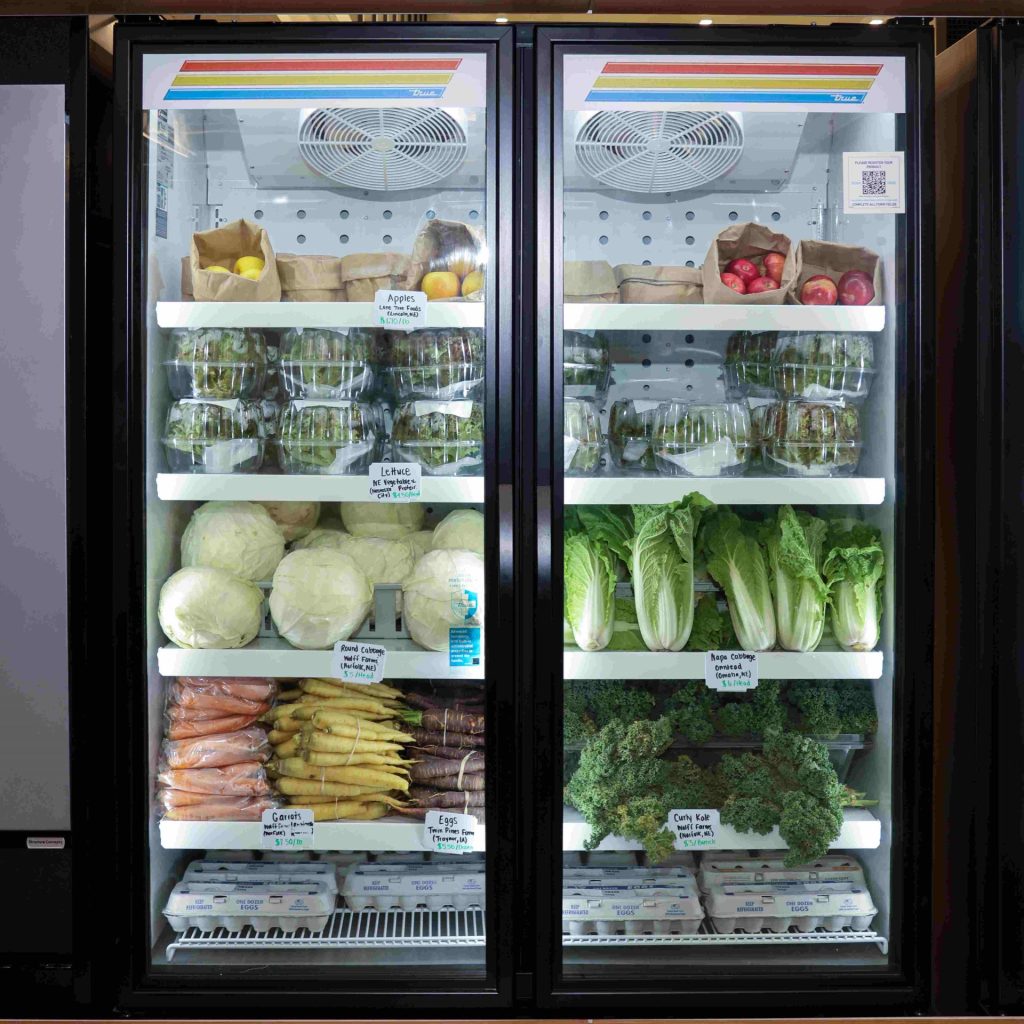
Retail Businesses
Many small rural and urban grocers are having success stocking local products from nearby farms and food businesses. It’s a way to get quality products for customers and to stock shelves despite big food distributors, which often refuse a small store’s smaller orders.
Farmers’ markets are among the types of retail locations that can apply for a Business Builder Subaward grant. Other retail businesses could include farm stands and online markets.
To help a food retailer buy and sell more local foods, a Business Builder Subaward grant might cover:
- Costs of marketing.
- Additional storage, cooling, display equipment.
- Inventory management and point of sale systems.
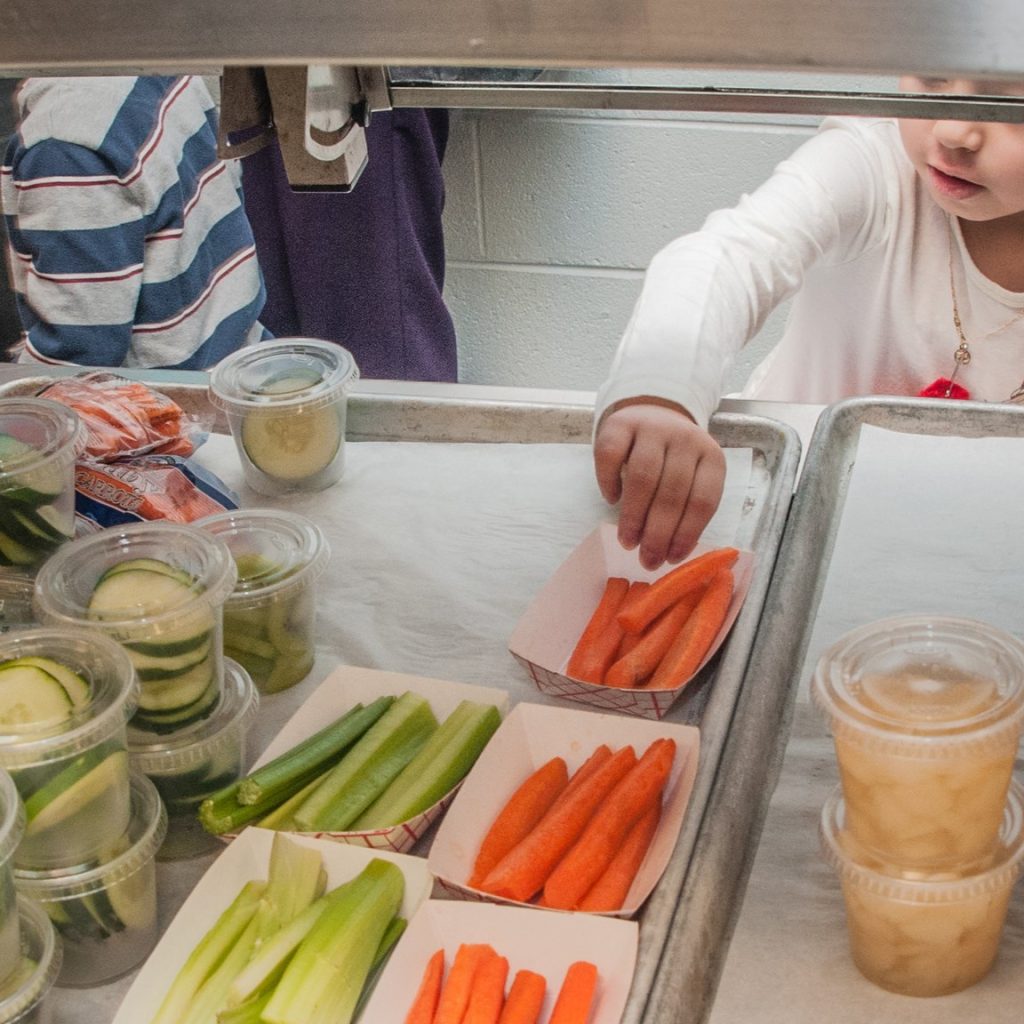
Food Service
Restaurants and cafeterias are leading purchasers of food from local and regional producers. Why? There’s nothing like Farmer Jane’s juicy burgers on a restaurant’s menu. There’s nothing more exciting for a school official than a fifth-grader eager for school lunch because they’re serving local asparagus again.
For businesses and organizations serving food, a Business Builder Subaward might cover:
- Costs of a marketing campaign featuring local foods.
- Staff time involved in planning seasonal menus and purchases with farms.
- Equipment and supplies needed to handle fresh and local foods.
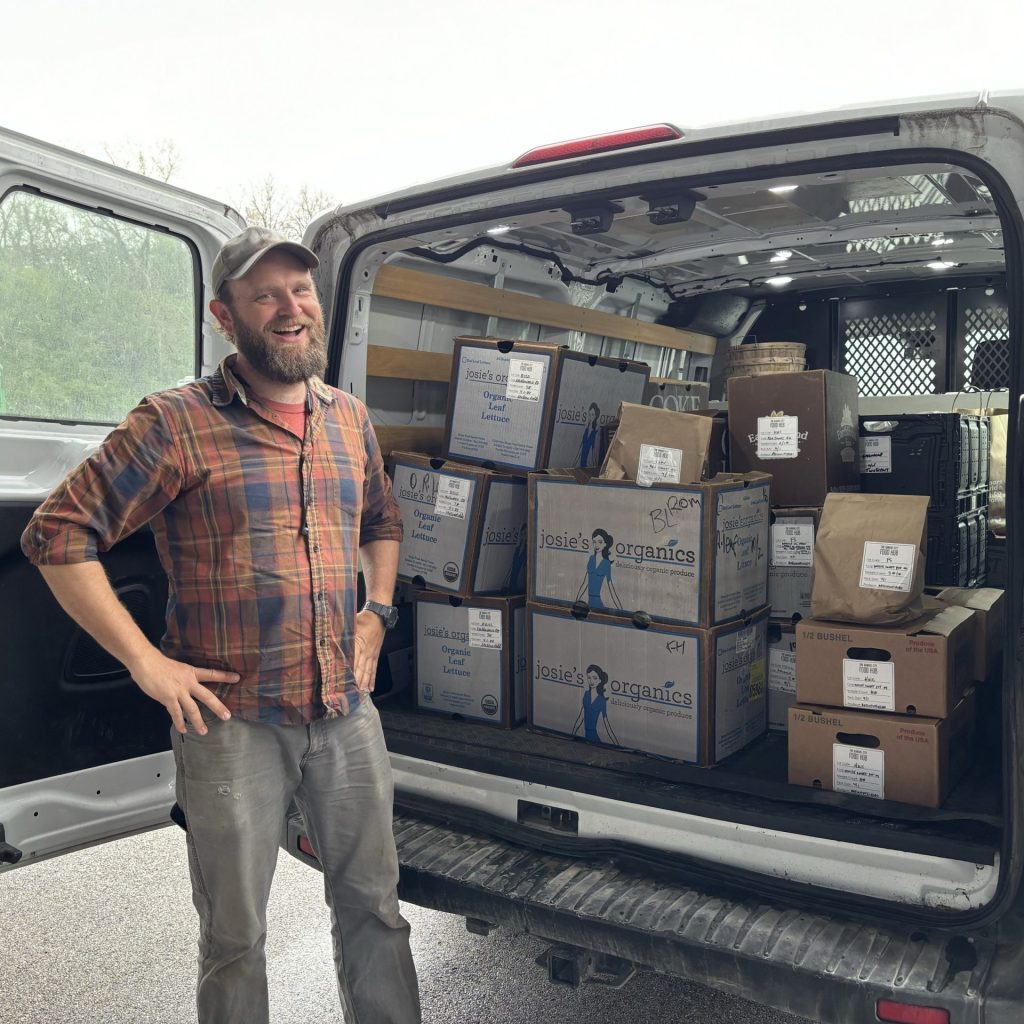
Aggregation and Distribution
Local food aggregation is the work of pooling different farm and food businesses’ products together to fulfill larger orders. Distribution is the work of getting local food from supplier to buyer. Enterprises dedicated to local food aggregation and distribution are known as food hubs.
A Business Builder Subaward might help aggregators, distributors, and food hubs:
- Conduct research and build management systems to improve local food sourcing and delivery.
- Get equipment, supplies, or software. staff time and training. marketing, and more.
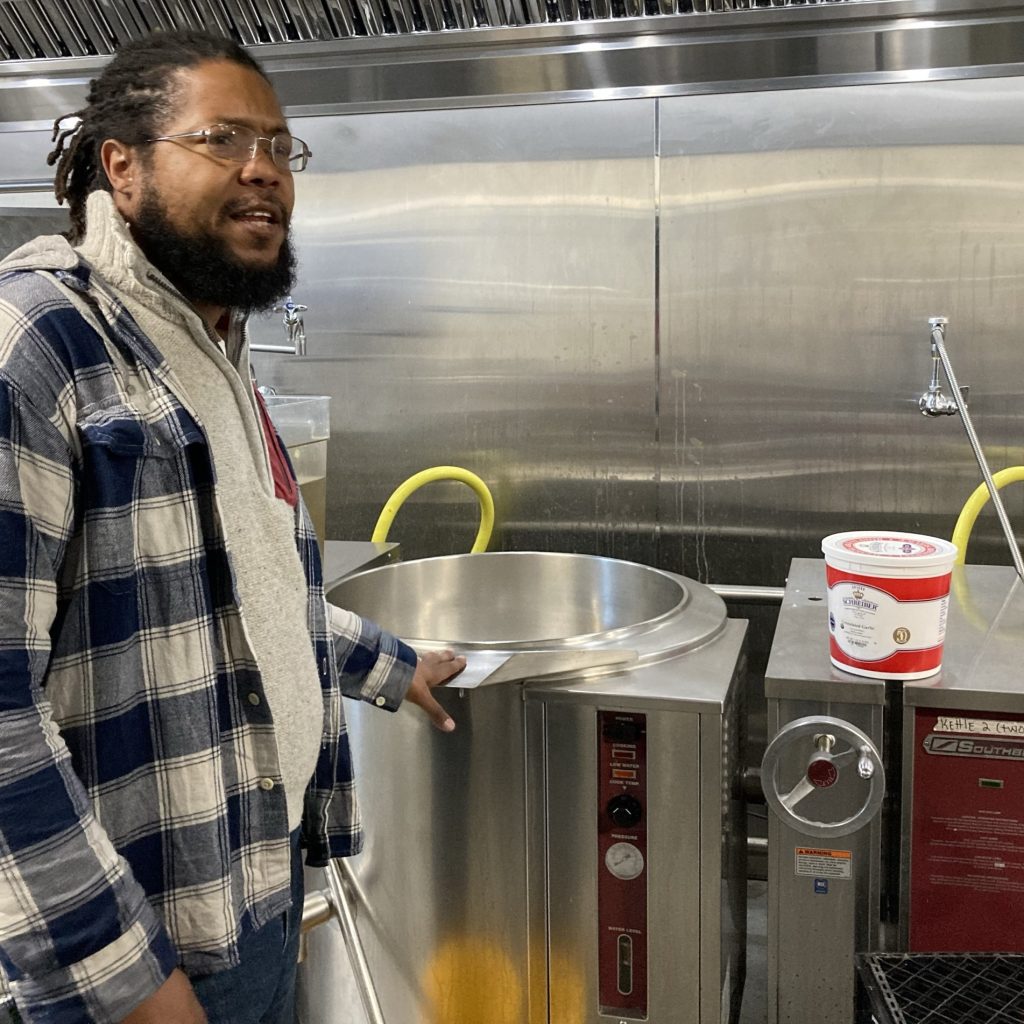
Value-Added Food Business
Value added food enterprises are in the business of processing local food to make another product, such as juice concentrate from elderberries or yogurt from sheep. The Business Builder Subaward applicant could be the business making and selling the product or the business providing the canning, freezing, bottling etc.
Grant funds could support value-added food enterprises with:
- Product research and testing. processing equipment.
- Food safety training. many of the commonly needed items mentioned above, from storage to software.
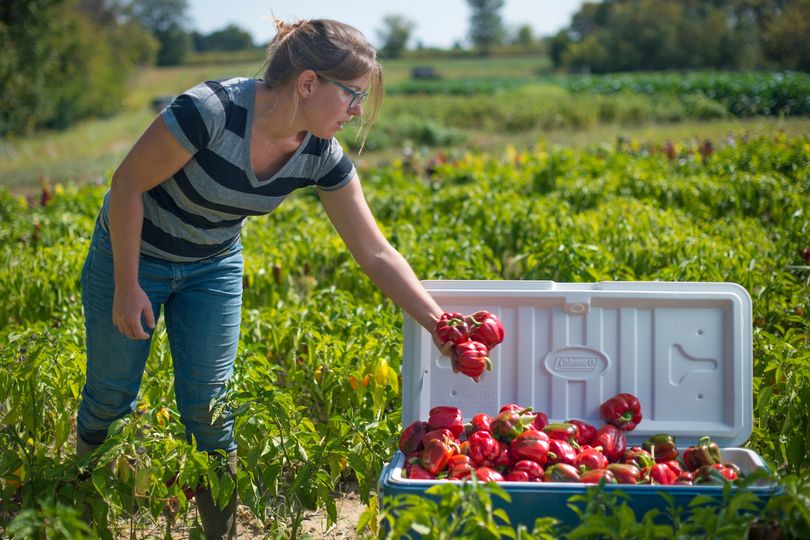
Farm Businesses
The primary focus of the Heartland Center is helping farms get their products to market and building farms’ capacity to supply markets with local foods. This work does not, however, include support for the growing of fruits and vegetables or raising of livestock.
Yet a wide range of farm business advancement projects can qualify for a Business Builder Subaward grant from the Heartland Center. Examples include:
- Setting up online marketing and sales. obtaining post-harvest training and equipment, such as wash sinks and refrigeration.
- Purchasing a delivery vehicle.
- Conducting feasibility studies for use of waste products. and business development needs, from marketing to inventory management.
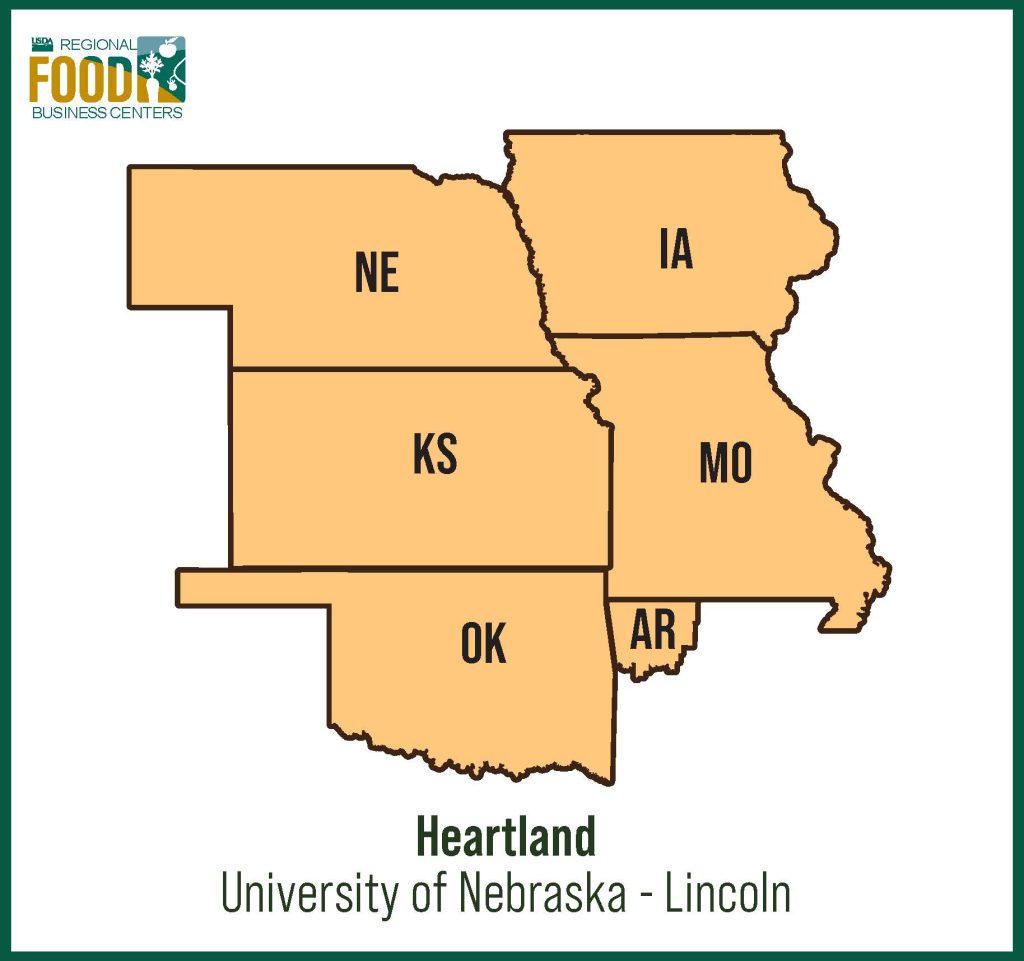
Stay Tuned
Get the Heartland Center’s Business Builder grant announcement in your email inbox. Sign up for our e-newsletter to stay in the know.
If you plan to apply, it is also advisable to begin the required process of completing a “Financial Assistance Awards Only” registration in SAM.gov. The registration process is straightforward but can take 10-20 days to work through approvals.
See the Heartland Center’s step-by-step guidance in English and Spanish.
